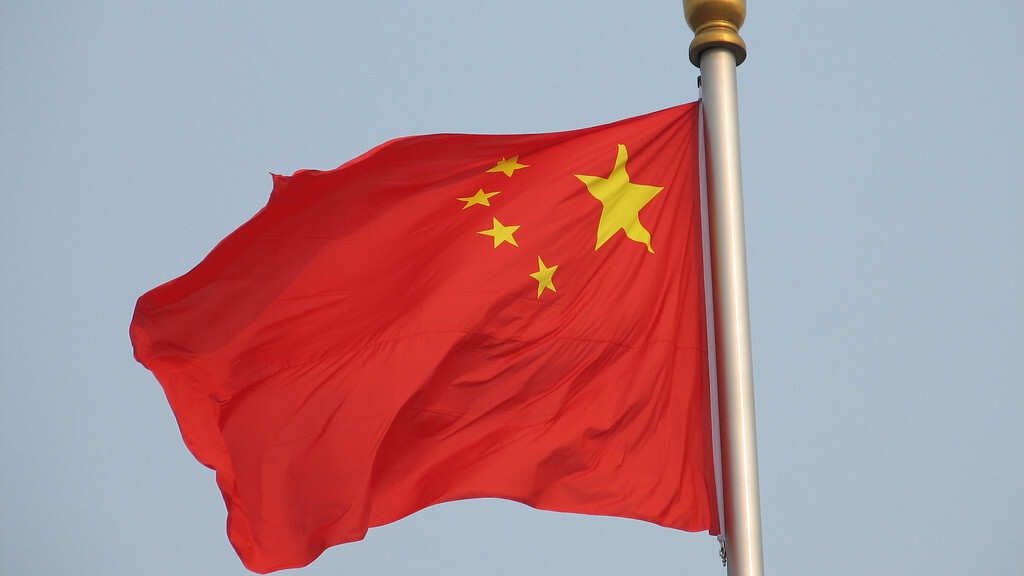
Accusations that China’s ZTE was providing Iran with the means to monitor its citizens, leading to the company’s decision to pull back on its Iran business, will not affect sales, its president announced at a press conference.
According to a Reuters report that emerged last week, ZTE, one of China’s largest telecommunications equipment manufacturers, is believed to have sold Iran an Internet and telephone surveillance system in 2010, as part of a €98.6m ($130m) deal. The ZXMT system, described by ZTE as a “turnkey solution for lawful interception” is able to monitor voice calls, text messages and Internet communications.
The system uses “deep packet inspection,” a monitoring method which Iran has been using since 2010, Tor Project executive director, Andrew Lewman told Reuters. The technology allows authorities to track users, reconstruct emails, block content, and even alter Web pages.
ZTE released an official statement, avoiding the allegations about what kind of equipment it had sold, but reinforcing the fact that the company had scaled back its business in Iran in 2011:
ZTE has provided standard communications and network solutions to Iran on a small scale. However, due to local issues in Iran and its complicated relationship with the international community, ZTE has restricted its business practices in the country since 2011. ZTE no longer seeks new customers in Iran and limits business activities with existing customers.
ZTE has strict internal audit and compliance policies in place. The Company has a dedicated import and export control committee chaired by a senior executive. It also provides internal and external import and export compliance training to its employees.
In what may have been an effort to downplay its presence in Iran, ZTE has now stated scaling back its business in the country will not have an impact on its financial standing, despite the fact that it has yet to finalize the details.
Speaking at a press conference, President Shi Lirong said that ZTE is not a mainstream provider in Iran.
This is not the first time accusations have been levied at a Chinese company, in relation to sales of monitoring equipment to Iran, as the two countries enjoy a healthy trade relationship, valued at $30 billion in 2010. Reports emerged that Huawei provided Iran with equipment to monitor mobile phone users. Huawei was quick to deny the allegations, and has continued to defend the nature of its work in Iran.
Get the TNW newsletter
Get the most important tech news in your inbox each week.




